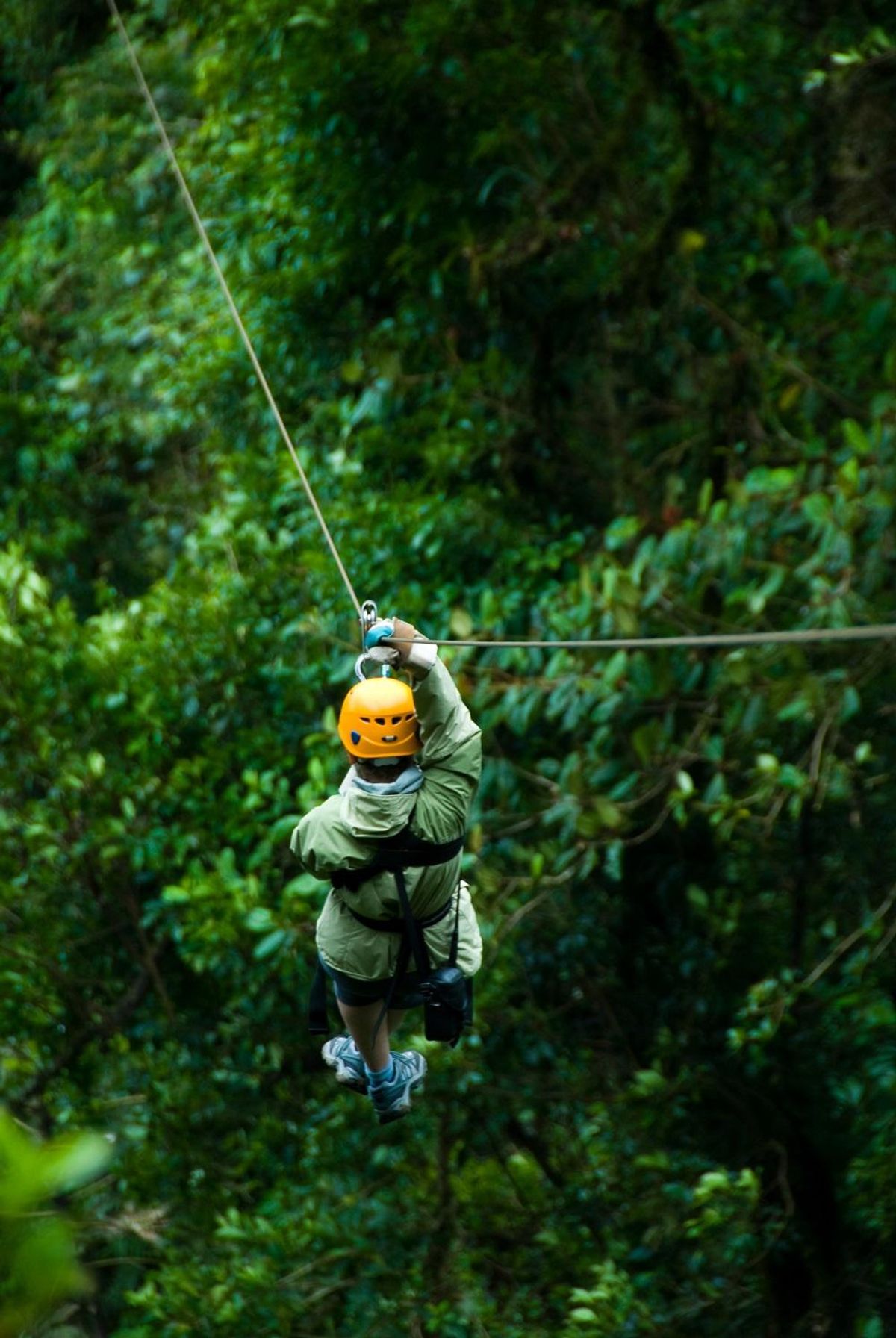
Starting an Ecotourism Business
Adventure travelers are always looking for exotic trips to all corners of the planet. And today, with a new global consciousness, this love of the outdoors is translating into a burgeoning industry known as ecotourism.
Ideally, someone starting an ecotourism business should have both knowledge of and some background in tourism and environmentalism. To create ecotours, you will need to learn about regions that are available to tourists and find out how and where they can find lodging that does not require new construction but can instead be at facilities indigenous to the land. Knowing local (licensed) guides, as well as all local rules and regulations regarding visitors is also important before launching any kind of ecojourneys. Also, like most of today's home-based travel agents, you are likely better off selling such tours through established host agencies and/or ecotravel associations.
Ecotourism, also called sustainable tourism, is a term used to cover a lot of potential travel ideas. Typically, it is meant to describe travel to natural surroundings. However, it is more than that. For most ecotravelers it is also a learning process that focuses on local culture and wilderness adventures and understanding the means by which people in other parts of the world are living off the land around them. Education also focuses on how sustainable development can best meet the social, economic, and environmental needs of an area or region and on promoting biological biodiversity. The hope is that those taking such tours will impart this knowledge to more industrialized nations. Volunteering and participating in hands-on experiences are also often part of these tours.
Popular ecotourism activities include visiting tropical rainforests, studying flora and fauna, hiking in natural parks, taking whale-watching trips, exploring volcanoes, canyoning, exploring the Australian outback, and even visiting the frozen lands of the arctic circle.
One goal of anyone promoting and/or packaging green vacations is to not feed into the already common misconceptions of ecotravel. For example, ecotrips go not only to tropical jungles but to all sorts of natural locations worldwide. Additionally, such trips do not require backpacking, nor do they mean staying in huts for accommodations. Travel comes in numerous packages involving various types of accommodations.
Among the many Web sites with information about ecotourism are Rainforest Alliance, the International Centre for Responsible Tourism, Conservation International, the EcoTour Directory, and the Green Hotels Association.
Along with learning about how to better protect the environment, based on visiting other parts of the world, responsible ecotourism should also feature programs that minimize the negative aspects of conventional tourism on each specific environment. It is important to teach the benefits of ecotourism, which include energy conservation, water conservation, recycling, and engaging in activities that do not harm the natural setting or interfere with local culture.
The increased interest in camping and outdoor activities in recent years may indicate that more people are focused on enjoying the outdoors, and for an ecotourism company, that is a good sign for the future.



